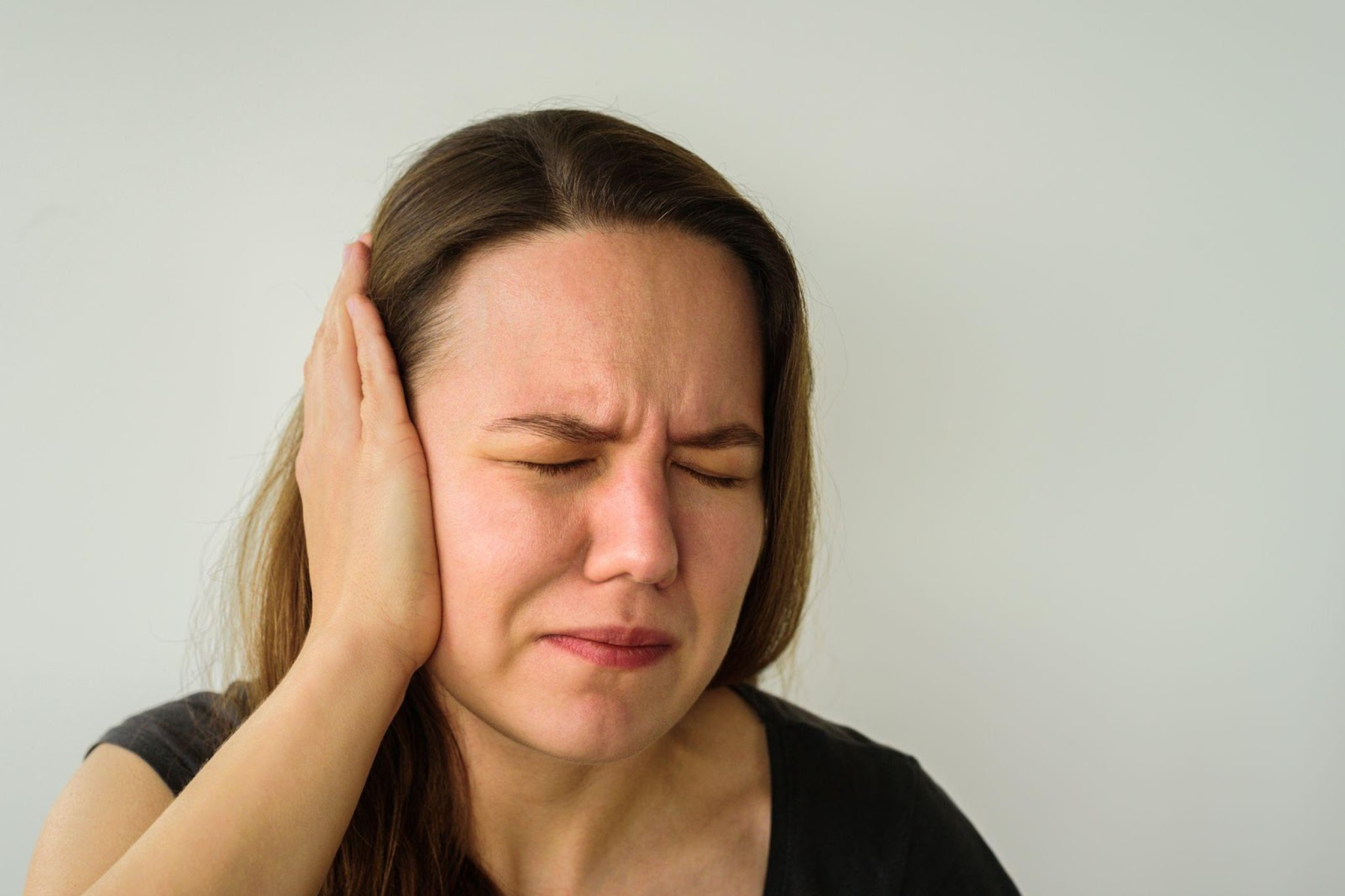
Ease the Pain of Tinnitus with Physical Therapy
Around 5% of adults in the world experience tinnitus in one or both ears. Tinnitus is the term for hearing sounds that come from inside your body, often described as “ringing in the ears”. Those who have such a condition tend to hear slight buzzing noise at the back of the head, but for severe cases, which account for 1% to 3% of the world’s population, tinnitus can affect their daily quality of life by causing a myriad of problems such as disturbed sleep, hearing impairment and even depression.
Fortunately, tinnitus is treatable with physical therapy. In this blog, we will go in-depth into understanding what it is and why seeking the help of a physiotherapy clinic in Singapore can be effective.
What Is Tinnitus?
When tinnitus occurs, there is often ringing in the ears or intermittent noises with varying loudness and intensity, depending on the severity of the condition. At times, the condition can become more disturbing when background noise is low and the ringing noises start to sound more obvious, hence causing difficulty in concentration or sleeping. In rare cases, tinnitus can occur as a rhythmic pulsing that is in sync with the heartbeat, a condition also known as pulsatile tinnitus. Because of these symptoms, prolonged tinnitus often goes beyond physical discomfort to interfere with work, relationships and even psychological distress.
Causes of tinnitus are usually due to underlying conditions such as age-related hearing loss, ear injuries, ear infections, problems with the circulatory system, or side effects of medications. In turn, these conditions trigger harmful impacts on the auditory system and nerves connected to the inner ear, causing distortions in the form of buzzing noises. The good news is, it is possible to improve the distortions when appropriate treatments or physical therapies are used to address the underlying tinnitus causes.
Managing Tinnitus With Physical Therapy
To date, no medicinal approach is known to cure tinnitus, even though some claim to reduce the symptoms or complications. This is why many are turning to treatments like physical therapy, which is known to produce positive results in reducing tinnitus severity.
Dysfunctions of the cervical spine or the temporomandibular joint (TMJ) are common causes of tinnitus, and they affect nearly 36 to 43% of the population with the condition. Physical therapy treatments such as exercise therapy on the cervical spine and trigger point deactivation have proven to decrease tinnitus intensity. Studies done with TMJ treatments such as occlusal adjustments and jaw exercises have also shown positive effects.
It is well established that problems in the somatosensory system of the upper cervical region and head are often linked to the aggravation of tinnitus. By performing somatosensory stimulation on the groups of muscles known as sternocleidomastoid, trapezius, levator scapulae and suboccipitalis, tinnitus induced by musculoskeletal tensions can be more effectively managed and even relieve symptoms such as buzzing and ringing in the ears. This is often done by applying repetitive cervical movements, muscle contractions of the neck and incorporating stretching exercises. Essentially, those who are seeking treatment for tinnitus should not only consider medicinal remedies but also consider working with a physiotherapy clinic in Singapore because the underlying problems could well be related to musculature and joint pathologies of the neck or disorders of the temporomandibular joint.
Ease Tinnitus Discomfort at Rapid Physiocare
Rapid Physiocare is a leading physiotherapy clinic in Singapore with a team of therapists who are trained to provide physical therapy for treating tinnitus. We can quickly identify if the underlying causes of tinnitus are related to musculoskeletal factors such as jaw clenching, tooth grinding or muscle tension in the neck, then administer the most appropriate therapy to improve the symptoms.
At Rapid Physiocare, our clients can expect the highest level of care and dedication to achieve the best remedies for their conditions. For more information on how physical therapy can improve tinnitus, book an appointment with us today to find out more.



